I Just Want To Tell You A Story. Will You Listen?
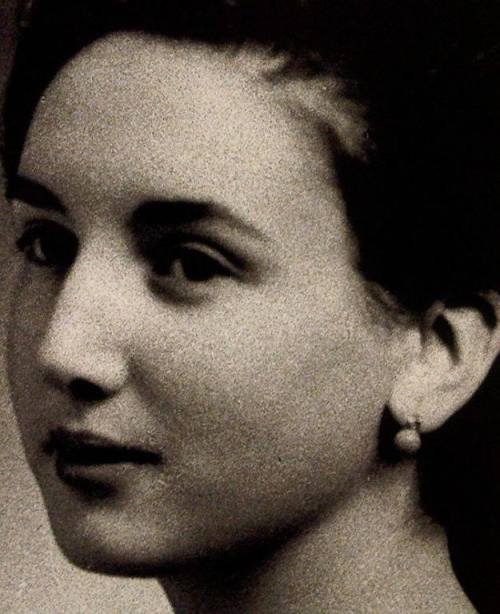
I just want to tell you a story. Will you listen?
You probably don’t know this woman: her name is Franca Viola. She was born in Alcamo, Sicily, in 1947, during a time where, see, things for women were deeply different. This is her when she was 17.
She was 17 when, on the 26th of December, 1965, she was kidnapped by her former boyfriend, Filippo Melodia, the son of a local mobster, and a few of his friends: she had broken the engagement with him a couple of years prior, when she was 15 and he was 23, and he couldn’t accept it. He kept her segregated in a farmhouse for 8 days and raped her, before she was found and freed by the police.
At that time, the Italian law stood with her kidnapper and rapist, as it stated that if the rapist married his victim, then the crime was virtually erased, and, had the guilty part already been prosecuted and convicted, the trial and the sentence would cease. This kind of marriage was called “rehabilitating marriage,” as it was believed that the victim, and her family, had to fix the dishonour caused by the rape.
Incredible, isn’t it? Not really. In an area where families still used to hang the sheet dirty with blood to their balcony after the first wedding night to prove the virginity of the woman to the entire town, the law and the public opinion still expected women to marry their abusers to mantain their honour.
Franca refused to marry Melodia. Knowing that the entire town - and, later, the whole country - could turn its back at her, knowing that she was going to be mocked, frowned upon, and insulted, she denounced him. Her family, who, contrarily to many other families, stood with her and supported her choice, needed to be guarded at all times by a handful of policemen, having been threatened by Melodia and his family. Franca was assisted by a brilliant lawyer. The trial ended up being reported by Italy’s major newspapers, and Franca, the first woman - girl - to refuse rehabilitating marriage, quickly became an example of bravery for many, many other women.
In court, Melodia tried to turn the judge against her. He said she’d already hooked up with him when they were together. He tried to escape conviction.
He was convicted for kidnapping anyway, and justly. Eight years later, when he got out, he was shot dead by an unknown killer.
Despite earlier threats that she was dishonoured, and that she wasn’t going to find anyone willing to marry her, she married Giuseppe, a childhood friend, in 1968, who stated that he wasn’t afraid of any possible acts of revenge from Melodia. He allegedly said said, “I’d rather live ten years with you than a lifetime with another woman.” About her dad, who supported her every step, Franca recently said, “My father Bernardo came [to get me] unshaven, with a week’s old beard: I could not shave if you were not there, he said. What do you want to do, Franca? I will not marry him. All right, you put your hand, I will put one hundred. This sentence, he said. I just want you to be happy, nothing else. He took me home and he did the great effort, not me. It was him who put up with those who no longer greeted him, his friends gone. The shame, the dishonour. His head up high. He wanted only what was good for me.”
When he heard about her wedding, even Pope Paul VI asked to meet her to congratulate her.

Her trial was the final push to erase the law about rehabilitating marriage and honour killings, which also allowed “mitigating circumstances” if the killer had acted upon jealousy or to restore his honour (for instance, if a husband walked in on his wife cheating on him, and killed both her and her lover). But that didn’t happen until 1981.
Rape was finally considered a “crime against the person,” instead of a crime “against the morals”, only in 1996.
She still lives in Alcamo; she says that, sometimes, she still sees her kidnappers, and whilst she greets them, they lower her gaze in shame. Franca has never, not once, lowered her gaze, and that’s why she changed history.
This is just a tiny post to remember how small acts of courage can change history and change the shape of a nation - and as a woman, an Italian, a Sicilian woman, I want to thank Franca for saying ‘no’ and - perhaps by chance - changing the history of Italy.
More Posts from Missalexgreenturtle and Others
This is how I relate to the world.
“I do not want people to be very agreeable, as it saves me the trouble of liking them a great deal.”
— Jane Austen, Jane Austen’s Letters (via books-n-quotes)



The cabin is all you need sometimes
What Should I Teach my Children about Witchcraft?
I get this question surprisingly a lot and until today I’ve never had what I felt was a decent answer. Some people will be quick to say that you shouldn’t teach children witchcraft at all. I think they need to take a chill pill and realize that although there are definitely dangerous sects of witchcraft, it is ultimately what you make of it. A parent who is aware of this can steer their child in the right direction and make sure they are safe. How many of us claim that witchcraft is just a skill like any other? Plenty of skills have potential dangers for children yet we still teach them. Why not witchcraft?
At the end of the day I can’t dictate what you should and should not teach your own children, so consider this post more of a friendly suggestion from someone who was raised with witchcraft. Take what works for you, leave the rest behind.
Teach your child patience.
Teach them that results sometimes take a while to manifest. Teach them to keep living their lives, to not stop everything to watch a kettle boil.
Teach them that they may be tiny but they still have power and the ability to protect themselves.
Teach them that it’s okay to say no.
Teach them how to handle no when it comes from other people.
Teach them about grounding, visualization, meditation, but understand that some or all of these things might be hard for them to do. That’s okay. We’re all different and some of us can’t do these things, nor do we need to do them.
Teach them kitchen witchcraft. Instill a strong love and respect for food at a young age.
Teach them the basics of gardening, what plants are most commonly used in magical workings, what plants to not touch or consume. Let them tell you what certain plants make them think and feel and don’t discourage them if their answers differ from yours.
Teach them that if they grow up to hate cooking or gardening, it’s okay. They’ll find their niche in their own time.
Teach them compassion and control.
Teach them to forgive.
Teach them not to be ashamed if they’re unable to forgive certain actions or people.
Teach them that their emotions are valid, all of them. Teach them that anger, sadness, heartbreak, fear, discomfort, can all be used just as strongly as any positive emotion. Teach them that all of their emotions are important, not just the happy ones.
Teach them common sense: fire safety, environmental awareness, chemical safety, etc.
Teach them fairy tales about witches, mages, sorcerers, etc. Never underestimate the ability of these tales to do amazing things to a child’s imagination and to affect their practice in a positive way.
Teach them about science and how they can utilize it in magic.
Teach them how to respect the wishes of oppressed cultures so they don’t grow up to become one of the witches who actively harm closed cultures.
Teach them that they can always come to you if they’re uncertain about what they’re doing and expect nothing but love and support in return.
Teach them about music, art, writing; give them all the tools they need to express their creativity.
Teach them about life, because every aspect of life can be a magical experience if you let it be.
And that’s just the thing. I think whenever someone asks me “how do I teach my young child witchcraft?” they’re looking for a set list of practices and techniques, but there is no set list. There wasn’t when I was little; my mom taught me and my brothers about life and showed us that it can be as magical as we wanted it to be.
As I said, take it or leave it. It’s ultimately up to you how and what you decide to teach your child about magic, but I hope you instill in them a level of trust and agency that will stay with them for the rest of their lives.

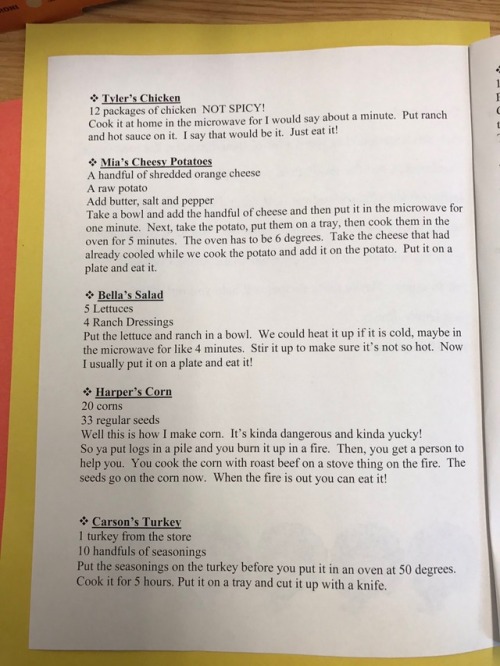
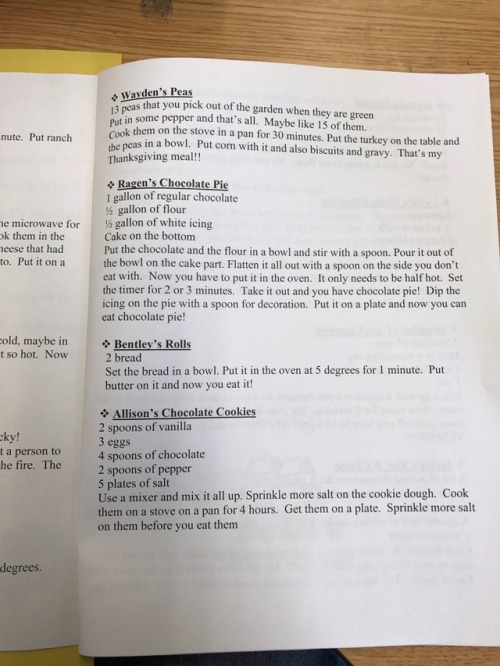
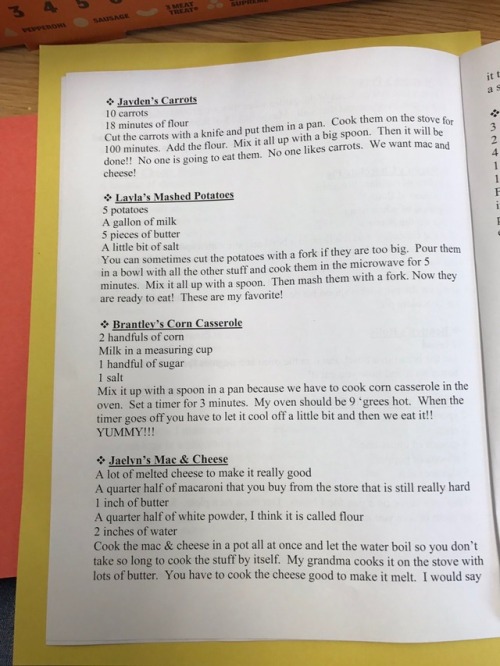
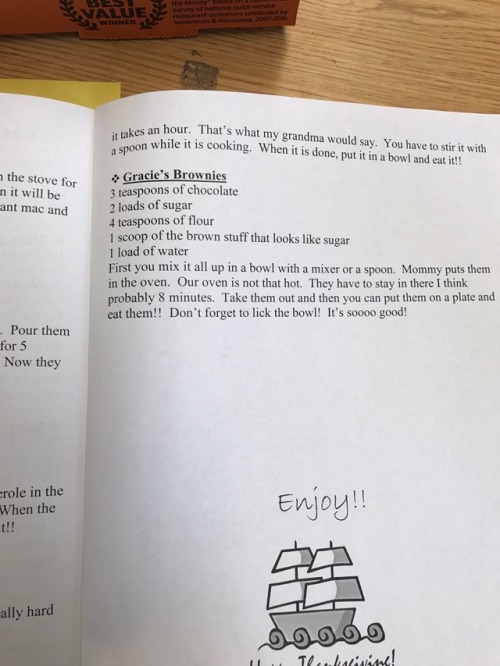
I lost it at “2 bread”
Tbh I never understood why the term “thunder thighs” is supposed to be derogatory, it sounds like I am a terrifying weather goddess

Take Care: Mothers, Daughters, and Inheriting Self-Hatred, Ella Wilson
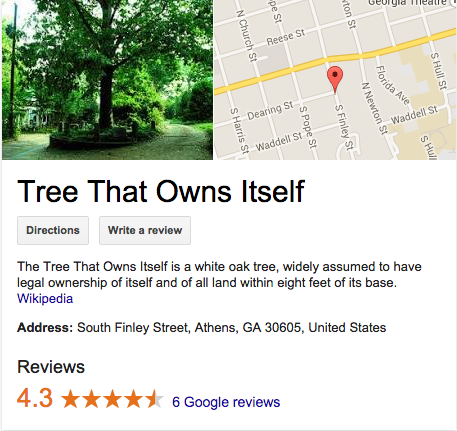

AND NOW I WILL TOO
-
 greeneyesandruinedlungs liked this · 4 months ago
greeneyesandruinedlungs liked this · 4 months ago -
 wltramarine liked this · 2 years ago
wltramarine liked this · 2 years ago -
 zuttie-deactivated-2022 reblogged this · 3 years ago
zuttie-deactivated-2022 reblogged this · 3 years ago -
 ghostlytrashwasteland reblogged this · 3 years ago
ghostlytrashwasteland reblogged this · 3 years ago -
 irimasaurus liked this · 3 years ago
irimasaurus liked this · 3 years ago -
 mydelicatecollectortale reblogged this · 3 years ago
mydelicatecollectortale reblogged this · 3 years ago -
 mydelicatecollectortale liked this · 3 years ago
mydelicatecollectortale liked this · 3 years ago -
 nogoodnamesavailabel liked this · 3 years ago
nogoodnamesavailabel liked this · 3 years ago -
 cunningwomxn liked this · 3 years ago
cunningwomxn liked this · 3 years ago -
 8oom8oom liked this · 3 years ago
8oom8oom liked this · 3 years ago -
 anagtia liked this · 3 years ago
anagtia liked this · 3 years ago -
 sisterofreverance liked this · 3 years ago
sisterofreverance liked this · 3 years ago -
 aspiringfalseidol reblogged this · 3 years ago
aspiringfalseidol reblogged this · 3 years ago -
 aspiringfalseidol liked this · 3 years ago
aspiringfalseidol liked this · 3 years ago -
 slice-of-honeydew liked this · 3 years ago
slice-of-honeydew liked this · 3 years ago -
 gorgeousvalor liked this · 3 years ago
gorgeousvalor liked this · 3 years ago -
 lemon-and-mint reblogged this · 3 years ago
lemon-and-mint reblogged this · 3 years ago -
 lemon-and-mint liked this · 3 years ago
lemon-and-mint liked this · 3 years ago -
 cator99 liked this · 3 years ago
cator99 liked this · 3 years ago -
 maskedpuppy liked this · 3 years ago
maskedpuppy liked this · 3 years ago -
 withbloodstainedclothingon liked this · 3 years ago
withbloodstainedclothingon liked this · 3 years ago -
 chimsical liked this · 3 years ago
chimsical liked this · 3 years ago -
 ireneradblr liked this · 3 years ago
ireneradblr liked this · 3 years ago -
 mutant-enthusiast-08 liked this · 3 years ago
mutant-enthusiast-08 liked this · 3 years ago -
 cordofmisery liked this · 3 years ago
cordofmisery liked this · 3 years ago -
 thefandomicaopens liked this · 3 years ago
thefandomicaopens liked this · 3 years ago -
 honeytempest liked this · 3 years ago
honeytempest liked this · 3 years ago -
 harleyofspace reblogged this · 3 years ago
harleyofspace reblogged this · 3 years ago -
 ask-bakabakabaka liked this · 3 years ago
ask-bakabakabaka liked this · 3 years ago -
 avaantares reblogged this · 3 years ago
avaantares reblogged this · 3 years ago -
 soontobeworlddictator reblogged this · 3 years ago
soontobeworlddictator reblogged this · 3 years ago -
 soontobeworlddictator liked this · 3 years ago
soontobeworlddictator liked this · 3 years ago -
 morganvictorian liked this · 3 years ago
morganvictorian liked this · 3 years ago -
 vulva-la-r-evolution reblogged this · 3 years ago
vulva-la-r-evolution reblogged this · 3 years ago -
 dasfeministmermaid reblogged this · 3 years ago
dasfeministmermaid reblogged this · 3 years ago